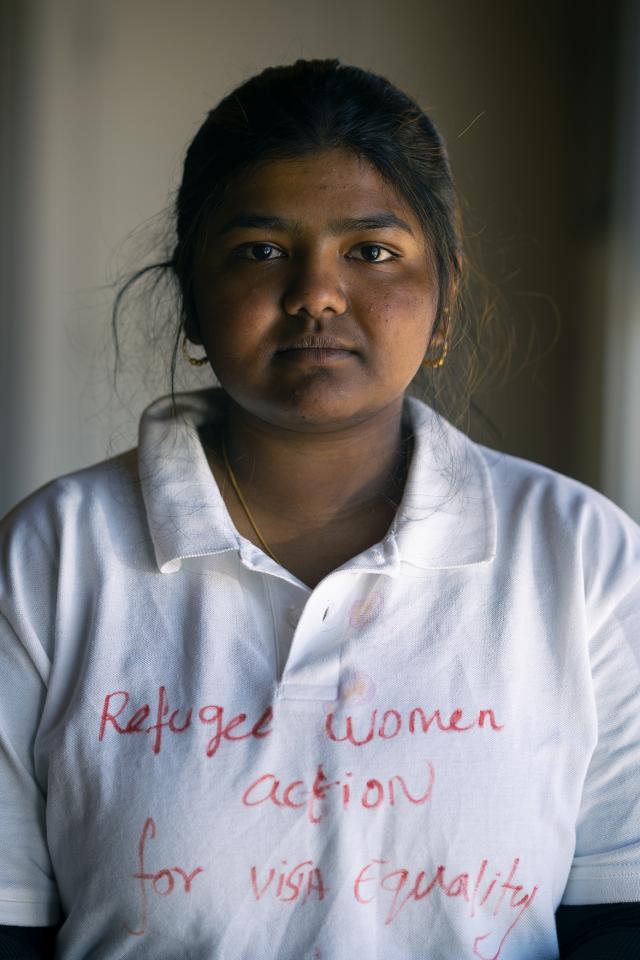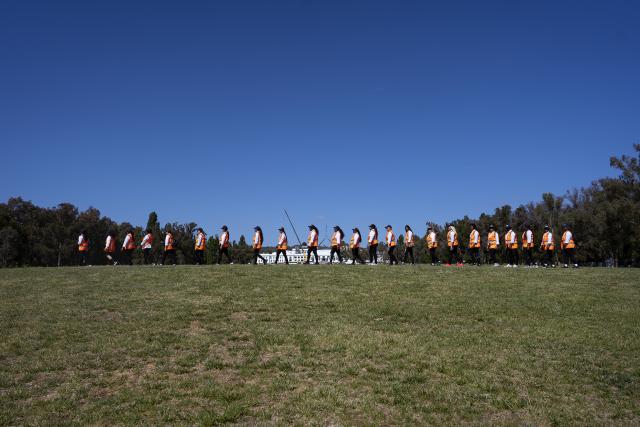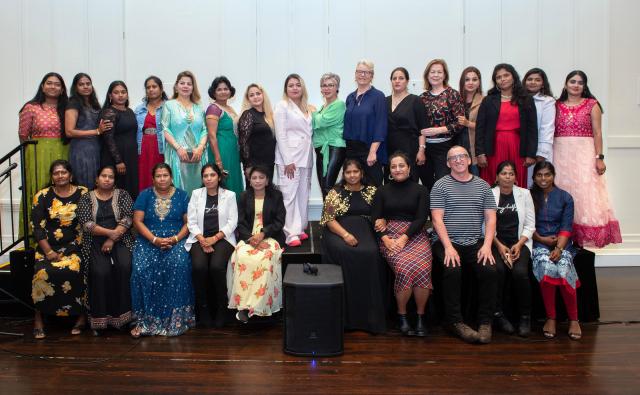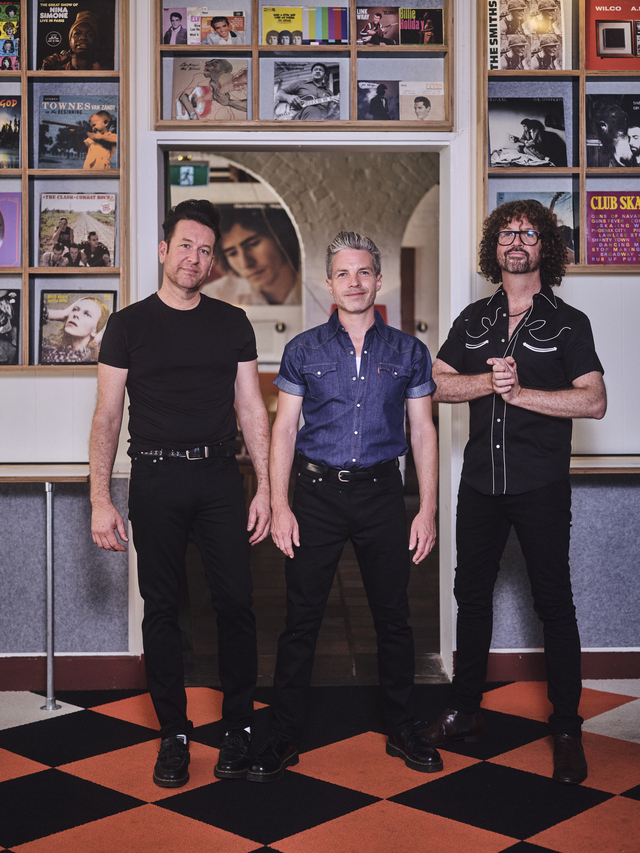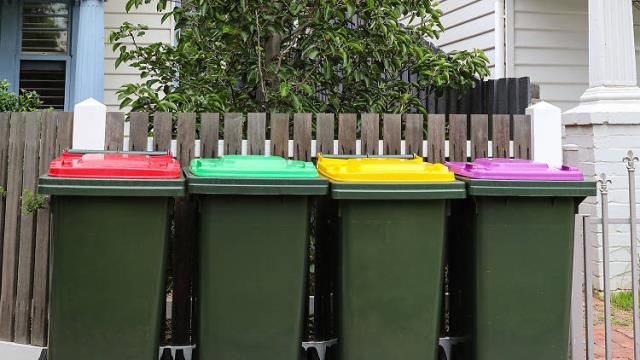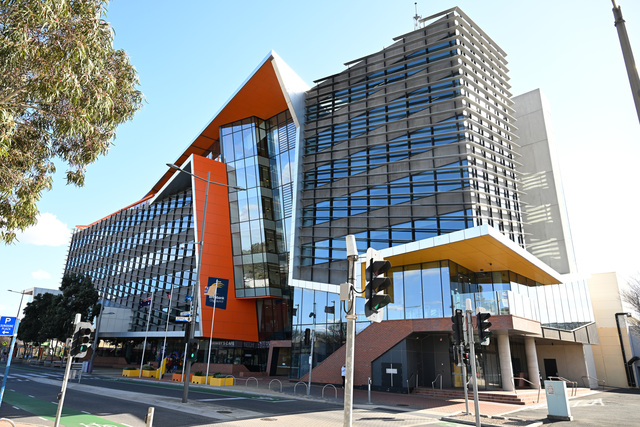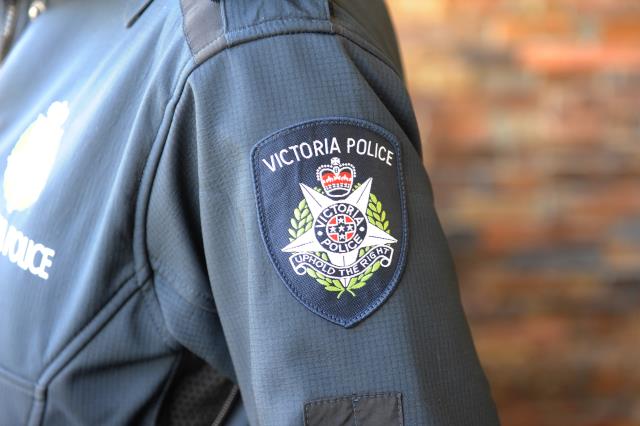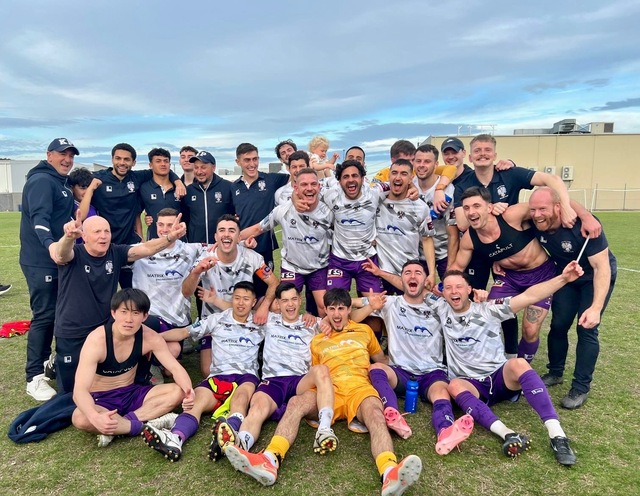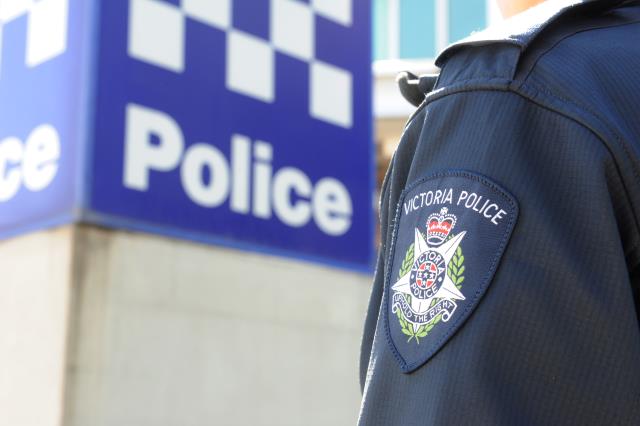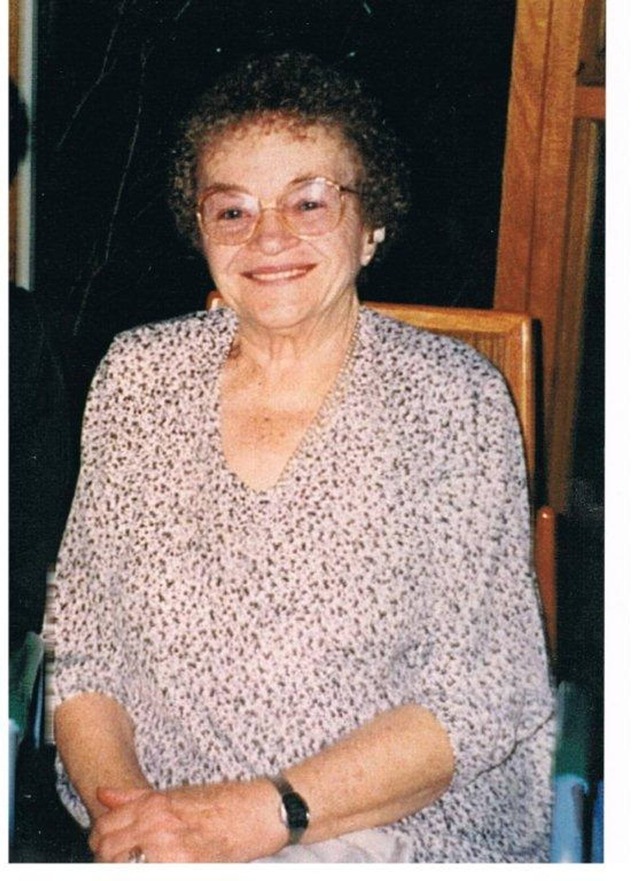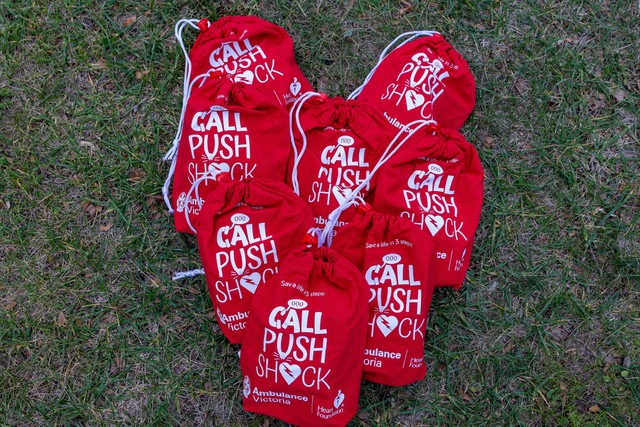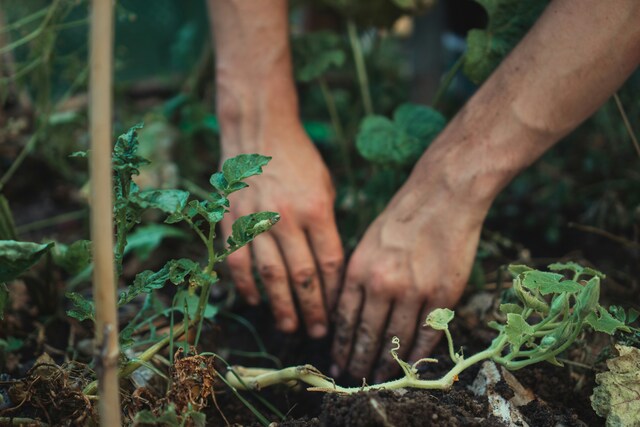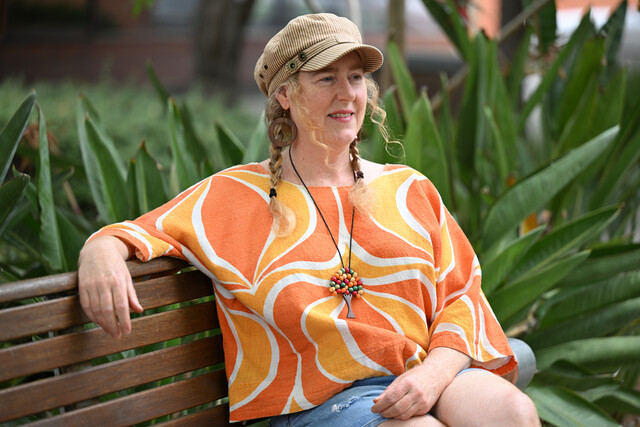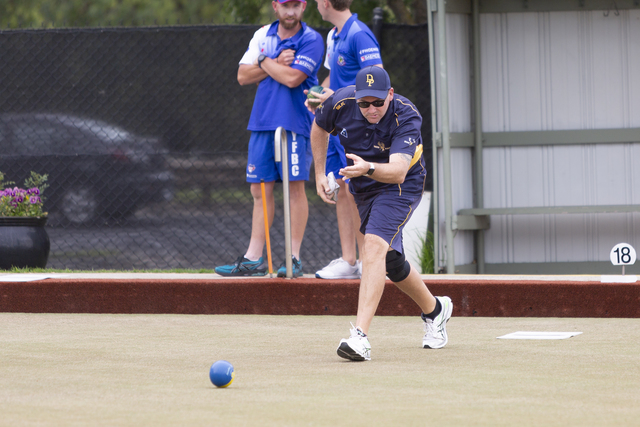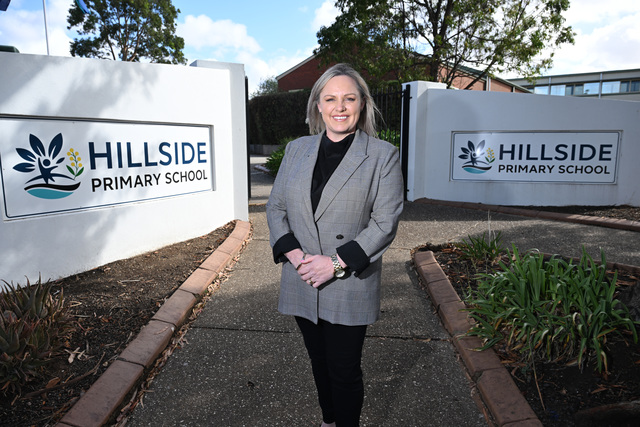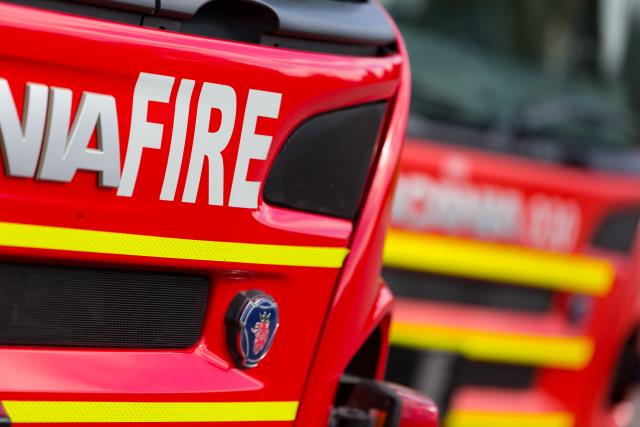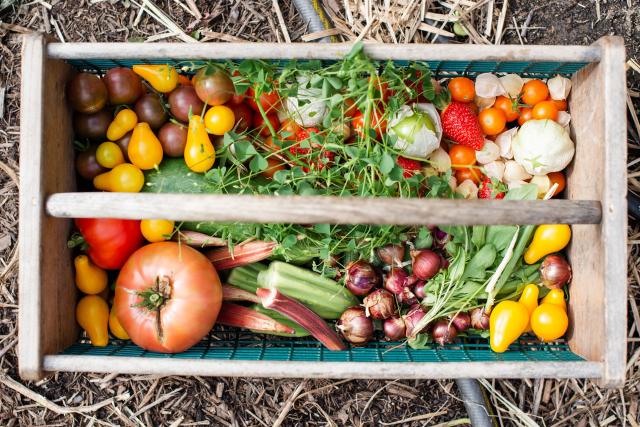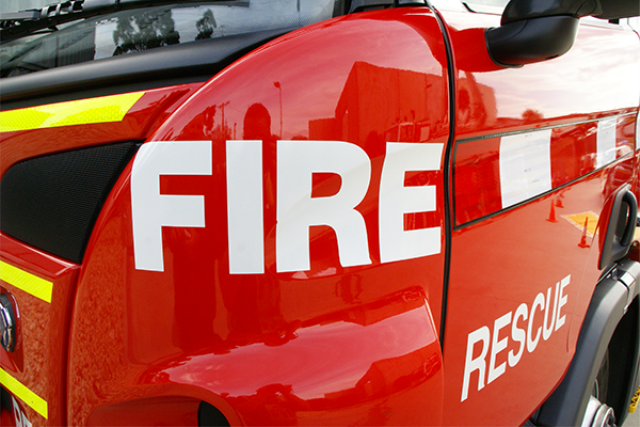Twenty-two refugee women were welcomed home on Sunday, November 19, after walking 640km from Melbourne to Canberra calling for an end to 10 years of visa uncertainty for 10,000 refugees living in Australia. Liam McNally went to the homecoming and heard about their plight and hopes for a permanent future in their adopted home.
Harini Rathnakumar, spent her formative years in Melbourne’s west – going to school, making friends and working in Sunshine, which she calls home.
It wasn’t until after high school when she attempted to attend university to become a doctor that she learnt the difference between a “normal” Australian citizen, and someone going through the Fast Track visa system.
“That’s the moment that I realised that I’m not a complete Australian,” she said.
“That’s when I came to know that Australia didn’t really want me here.”
Now 21, Harini fled the Sri Lankan civil war with her family when she was just three.
Her Tamil family first sought refuge in India where they were constrained to what Harini called a “limited, poor life” and at 10 years old she left her siblings and mother behind to come to Australia with her father.
She hasn’t seen her mother and siblings since.
Despite having been in Australia for nearly a decade, when she wanted to apply for university she was asked to pay the international student fee of $95,000.
Even with the expensive fee and not having access to loans, Harini managed to enter a biomedical science degree, but due to rising costs and her father falling ill, she fell behind on payments and had to pull out of the course four months before finishing.
“The only thing I had was my education… I was going to give back to Australia by becoming a doctor but they didn’t give me the opportunity,” she said.
“We want to be a part of this country, it is our home.”
Early this year the federal government announced it would provide a pathway to permanent residency for 10,000 refugees with Temporary Protection Visas (TPV) and Safe Haven Enterprise Visas (SHEV).
At the time, Immigration Minister Andrew Giles said it makes no sense – economically or socially – to keep people who pay taxes, start businesses, employ Australians and build lives in our communities “in limbo”.
However the Resolution of Status (Ros) visas offered to these refugees was not offered to Harini, and about 10,000 others on Bridging Visas and engaged in the ‘Fast Track’ visa process.
Once it became clear to Harini her family would not be offered RoS under the change, she found it difficult to speak to her family in India, who were expecting to finally see her.
“That kind of caused a drift between me and my mum because I didn’t want to shatter her hope,” she said.
“I kind of distanced myself from my family. They would ask me when they can see me. I used to talk to them very often. I used to be very hopeful. I used to give my mum hope that she would be able to see me very soon… I don’t talk to them as often now.”
It was these experiences that inspired Harini to join the Refugee Women’s Action for Visa Equality group, made up of 22 Tamil and Iranian women united by living under the limitations of short term bridging visas, in walking for 27 days from Melbourne to Canberra.
On September 22 they embarked on the walk because of the desperation they said that they and about 10,000 others affected by Australia’s ‘Fast Track’ visa policy feel after waiting for more than a decade for permanent visas.
The group battled blisters, snakes and weather along the way. Harini said that there were days she woke up dreading another 30km walk, but she was determined to finish the journey.
“It was very physically challenging, but my will pushed through all that, I wanted to bring it out into the light, I wanted our voices to be heard,” she said.
On their arrival to Canberra on 18 October, the women met with a number of politicians to express the devastating impacts caused by the lack of permanent visas.
Independent Senator David Pocock spoke about their plight in parliament shortly after meeting them.
“An hour ago I had the privilege of meeting a courageous group of women who’ve just finished an epic 640 km journey on foot from Melbourne,” Senator Pocock said.
“They have come to this place, parliament house, the people’s house, to ask us for safety, security and certainty to rebuild their lives.
“Here with them are their daughters and granddaughters, many of them born in Australia. After 10 years living in our communities, working, learning, and growing together with all of us, their home is here.
“…so many young people who have grown up here feel like they’re not being appreciated despite wanting to contribute, desperately wanting to be part of Australia and contribute.”
On November 19 a homecoming event was held for the group at Trades Hall in Carlton co-hosted by the Refugee Advocacy Network, Rural Australians for Refugees and the Health and Community Services Union, three of the groups which supported the women.
The evening included speeches from Greens Senator Janet Rice, Australian Council of Trade Unions president Michele O’Neil and a discussion around how to continue momentum and advocacy action.
Samira Zadeh, an Iranian refugee from Mill Park, said she came to Australia in 2013 because of the lack of freedom and safety for women in Iran.
“It breaks my heart that I have not been able to see my mother for 10 years. Without permanent visas, my children will never be able to meet their grandmother,” she said.
“We all have such pain in our hearts. Without permanent visas, none of the 10,000 can ever be reunited with family overseas. We worry every day about whether we will see them again.
“Our three beautiful children were born in Australia but they don’t have access to Medicare. My 4-year-old twins don’t even have bridging visas and can’t attend childcare.”
Harini said she had a message for Andrew Giles.
“We were forced to flee our countries… I have come to call Australia home, and I don’t want to be separated from this country. I want to belong here,” she said.
“This has become our country, we have friends and families and we’re a part of this community. Why does he not see that?
“I want him to step into our shoes for a minute… It just takes him one signature to change all our lives.”
Immigration Minister Andrew Giles was contacted for comment.

